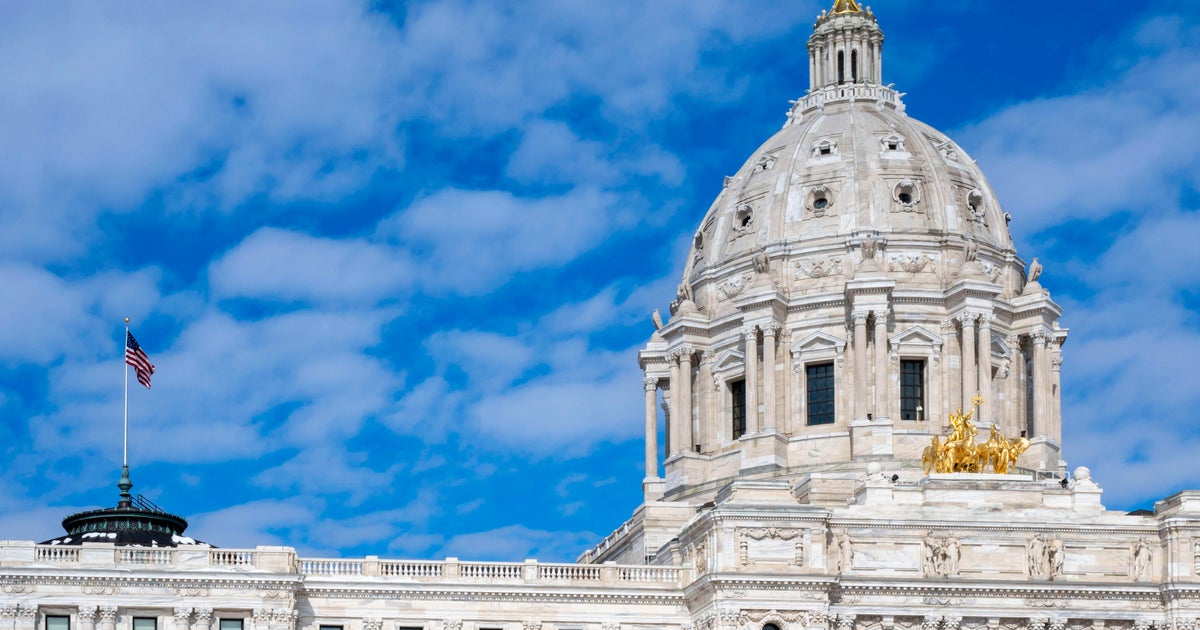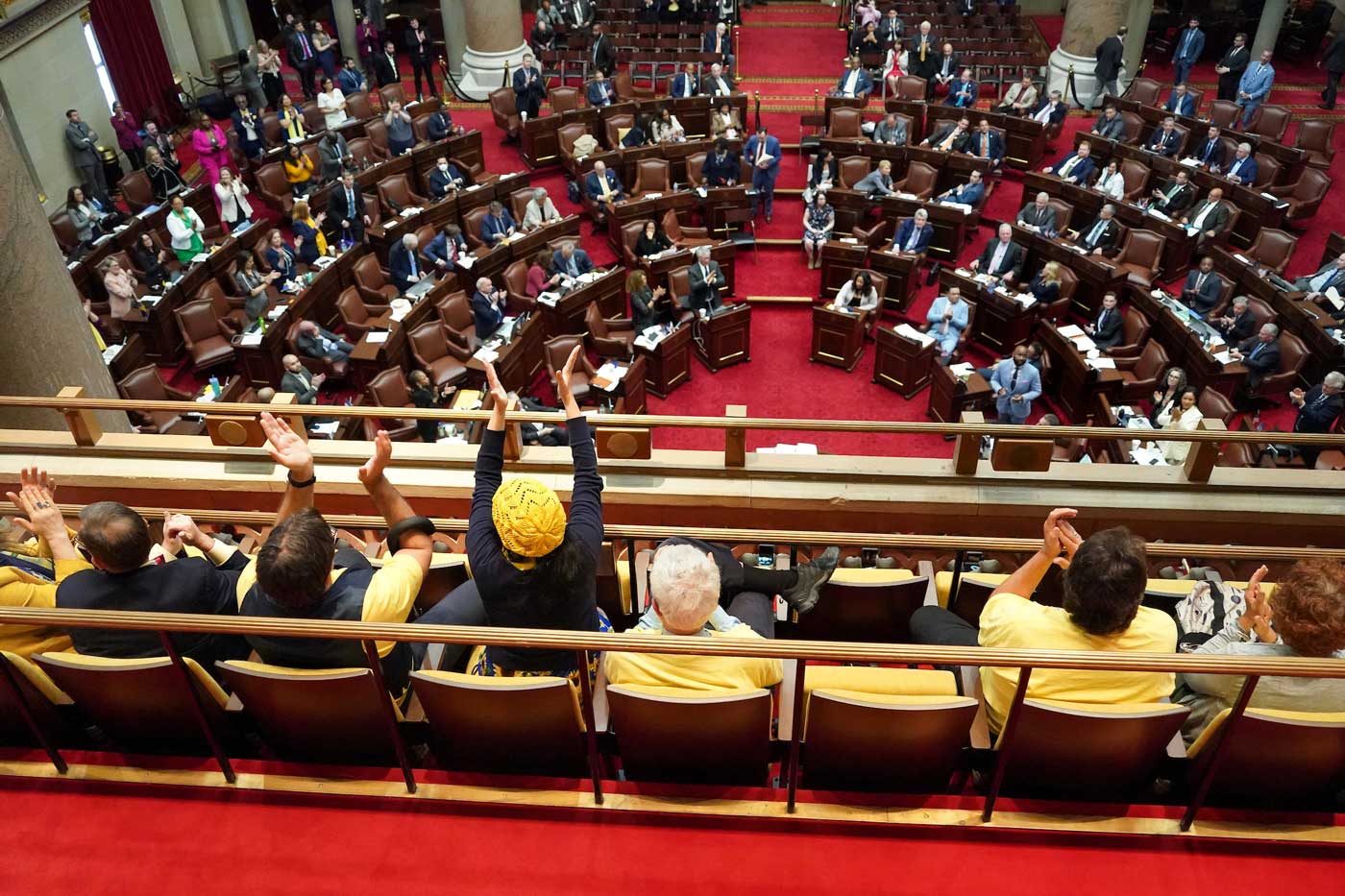House approves gun control bills expanding background checks
Washington — The House approved on two bills that would expand background checks on firearm sales, even though the legislation will likely stall in the Senate. These are the first significant gun control measures passed by the House since President Biden took office, after he promised to enact legislation strengthening background checks during the presidential campaign.
The Bipartisan Background Checks Act of 2021, H.R. 8, was approved with a vote of 227 to 203, with eight Republicans joining almost all Democrats in voting for the bill. Introduced by Democratic Congressman Mike Thompson, H.R. 8 would establish background check requirements for gun sales between private parties, prohibiting transfers unless a licensed gun dealer, manufacturer or importer first takes possession of the firearm to conduct a background check. The legislation would not apply to certain transfers, such as a gift between spouses. Democratic Senator Chris Murphy has introduced the companion bill in the Senate.
The legislation was nominally bipartisan, with three Republican cosponsors: Representatives Fred Upton of Michigan, Christopher Smith of New Jersey and Brian Fitzpatrick of Pennsylvania.
The second legislation considered by the House on Thursday is the Enhanced Background Checks Act of 2021, H.R. 1446. The bill, introduced by House Majority Whip Jim Clyburn, would close the so-called "Charleston loophole," which allows some gun sales to go through before background checks are completed. Under that loophole, Dylann Roof was able to purchase a firearm in 2015 which he then used to murder nine people at a historically Black church in South Carolina.
The bill would increase the amount of time firearm sellers must wait to receive a completed background check before transferring a firearm to an unlicensed buyer from three days to 10 days. It passed by a vote of 219 to 210, with two Republicans voting for it and two Republicans voting against it.
Republicans unsuccessfully attempted to stall the vote on H.R. 8 and H.R. 1446 on Thursday with motions to recommit, which would have sent the bills back to the Judiciary Committee for further debate. Many House Republicans have expressed opposition to these bills, arguing they infringe upon Second Amendment rights.
Even though the two bills passed the House, they face a steep uphill climb in the Senate, where Democrats have a slim 50-seat majority. Most legislation requires 60 votes to advance in the Senate, so Democrats would need support from 10 Republicans to overcome a legislative filibuster.
Despite the potential hurdles, Congressional Democratic leaders on Thursday touted the passage of the bills.
"If you are afraid to vote for gun violence prevention because of your political survival, understand this: The political survival of none of us is more important than the survival of our children," Speaker Nancy Pelosi said in a press conference on Thursday.
Senate Majority Leader Chuck Schumer also indicated Thursday that he would bring gun control legislation to the Senate floor, even if it doesn't receive any Republican votes, to get senators on the record.
"H.R. 8 will be on the floor and we'll see where everybody stands," Schumer said during the press conference with Pelosi. "No more hopes and prayers."
The White House has said gun control legislation remains an important priority for the president. During a White House briefing last month, press secretary Jen Psaki said that Mr. Biden is "not afraid of standing up to the NRA — he's done it multiple times and won — on background checks and a range of issues."
"It is a priority to him on a personal level," Psaki said.



